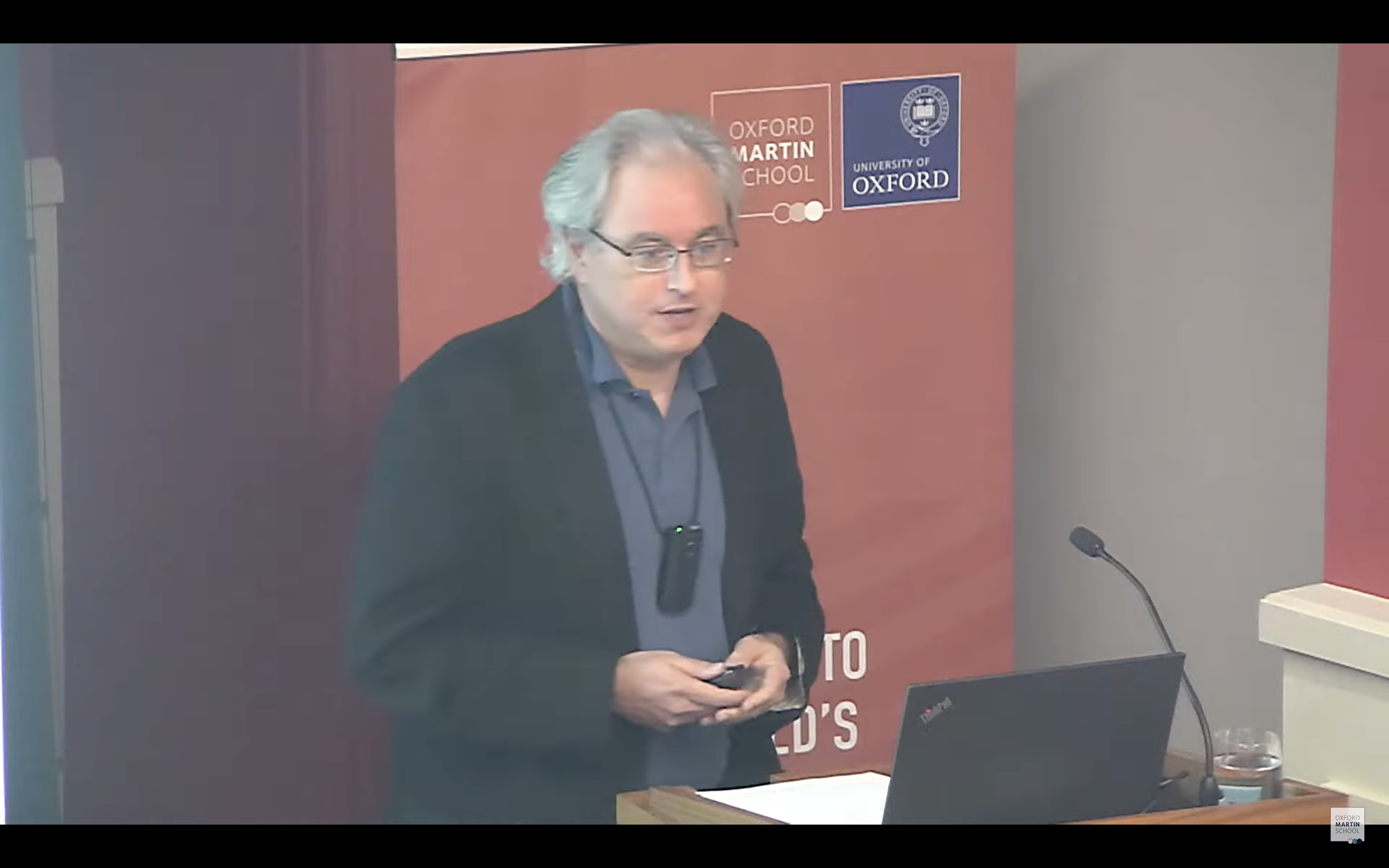There are over 25 million refugees in the world today and most of them—especially those in developing countries—do not have formal labor market access (LMA). That is, they do not have the right to work or own businesses. In this paper, we argue that granting refugees formal LMA has the potential to create substantial benefits for refugees and their hosts, including reduced vulnerability and higher incomes for refugees, improved labor market outcomes and higher incomes for natives, and positive fiscal effects for the host governments. Overall, even short of formal LMA according to our definition—wherein refugees’ access to the labor market is unrestricted by the government in law and in practice—greater rights around work and business ownership enable greater benefits. Moreover, the fewer barriers there are to realizing these rights in practice—whether related to government policy or otherwise—the greater the benefits. But there may also be costs associated with granting formal LMA for certain groups in the host population and the full range of benefits is not guaranteed. The existence and magnitude of these benefits and costs is determined by key contextual factors, including the current extent of informal LMA for refugees, characteristics of the labor market, the skill and demographic profiles of refugees, the geographic location and concentration of refugees, and, crucially, policy choices and the political context. By creating and implementing policies that support vulnerable people regardless of status, help natives adjust to and benefit from changes, facilitate refugee labor market integration, and grant refugees the complementary rights that will help them succeed (such as freedom of movement), policymakers can amplify the benefits of formalization and mitigate the costs—making formal LMA a critical lever for generating positive outcomes from the presence of refugees.
Rights & Permissions
You may use and disseminate CGD’s publications under these conditions.





